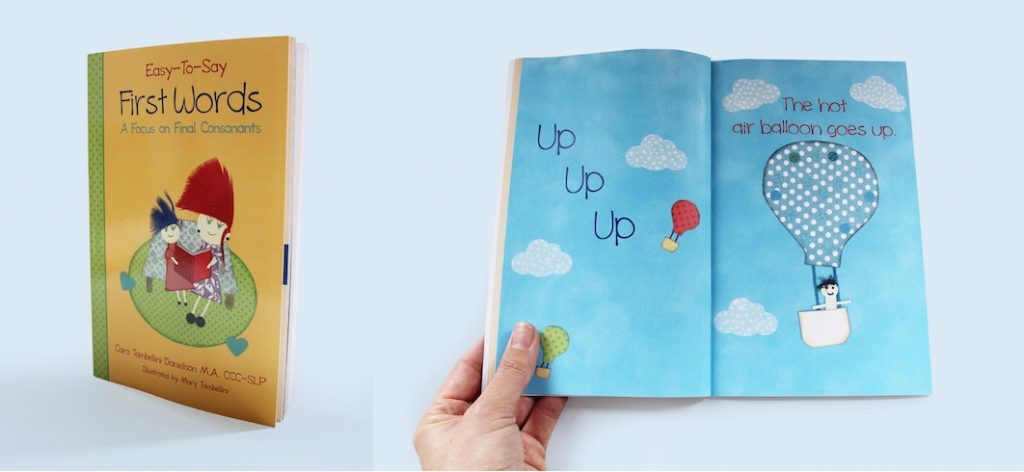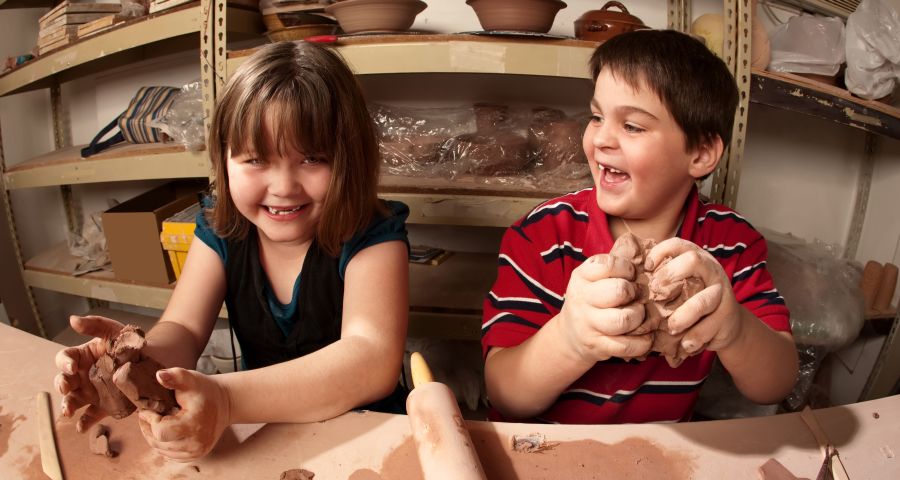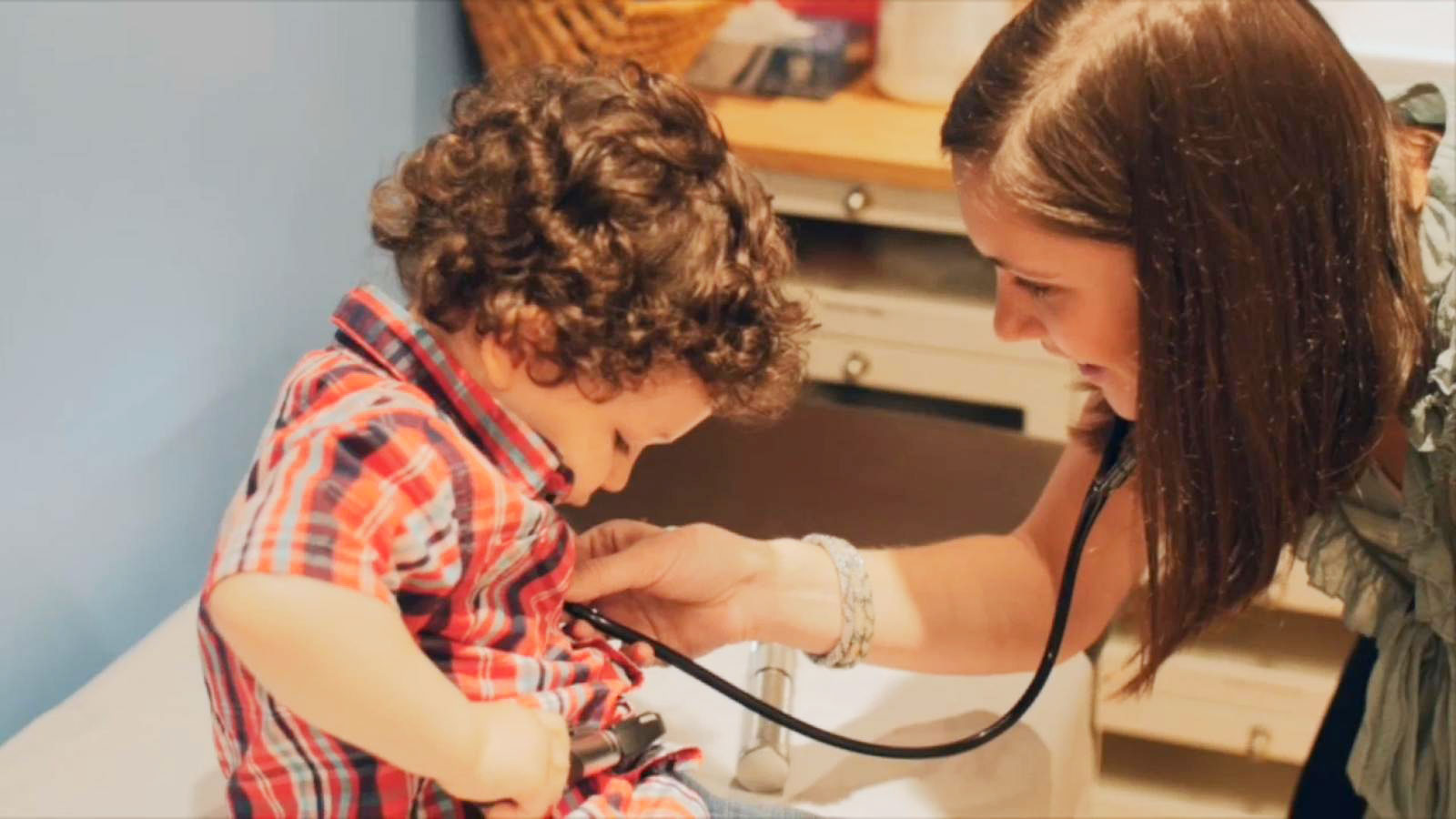As the fall and back-to-school season progress, your child’s school-based speech therapy services are likely in full swing. At Speech Buddies, we believe parents should play an active and consistent role in their child’s therapy journey. Whether you’re new to therapy or have experience, this blog post offers a roadmap to help parents stay engaged, informed, and empowered throughout the process.

It All Starts with the Evaluation
For those new to therapy, the process starts with an evaluation to assess your child’s current skills and how they compare to age-matched peers. After receiving the evaluation report, schedule a call with the clinician to ensure you understand and agree with the findings. The report should provide a clear picture of your child’s strengths and areas for growth.
Ask the clinician to clarify the top priority goals and how they will be addressed, including whether they will focus on one or two goals at a time or multiple. Also, ask which goals are suitable for you to work on at home.
Materials!
Once your child’s therapy goals are clear and they’ve built a good relationship with their therapist, ask for simple, affordable materials to use at home, such as games, toys, or exercises. Choose fun items that make speech therapy enjoyable—these are likely the same activities their therapist uses to keep them engaged. Using familiar materials at home will help reinforce therapy goals. Let your child help pick the materials so they feel involved in the process. If cost is a concern, look into non-profits like Small Steps in Speech, which offer small grants to support therapy services or materials.
Progress Reports
School districts usually provide progress notes every six months or more often. Be sure to review these reports carefully, just like any other school report. If something doesn’t match what you’re seeing at home, or if you think there’s room for improvement, reach out to your child’s therapist and schedule a quick meeting. With over 20 years of experience, I can assure you that these conversations are important for your child’s progress and won’t be seen as overly demanding.
Achieving Goals and Sustaining Progress
Happily, your child will make significant progress and move on to more challenging and meaningful goals. As a parent or family member, you are a key player in solidifying those gains and making them habitual in your child’s speech and language. Think of your therapist as the leader, and you as the one who supports and strengthens the skills they have taught. While this is a vast topic covered in our Speech Buddies blog series, the underlying recommendation is to be consistent in follow-up exercises. Even a small daily commitment, like five minutes almost every day, can significantly help maintain the skills learned during therapy. Find a part of your family routine—like your commute, dinner time, or a homework reward—and designate it as your “speech practice time.” The key is to make it both convenient and consistent.
Congratulations on starting your child’s school-based speech therapy! These services are key to your child’s development and play an important role in their future. While the impact of therapy can vary, following the tips above will help you get the most out of it and have a positive effect on your child’s growth.
Gordy Rogers, M.S. CCC-SLP, & Speech Buddies Co-Founder

Contact us at info@speechbuddies.com













